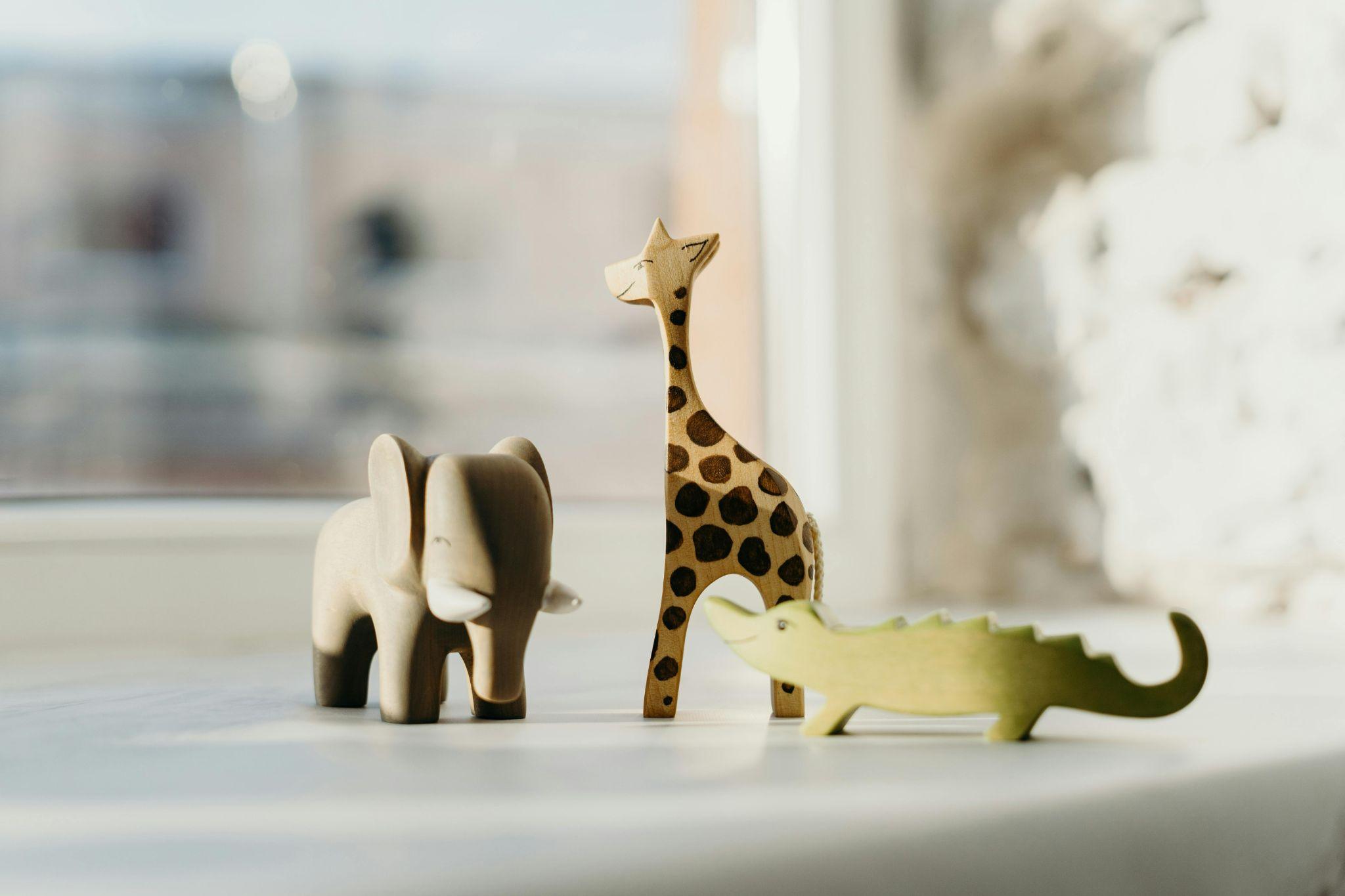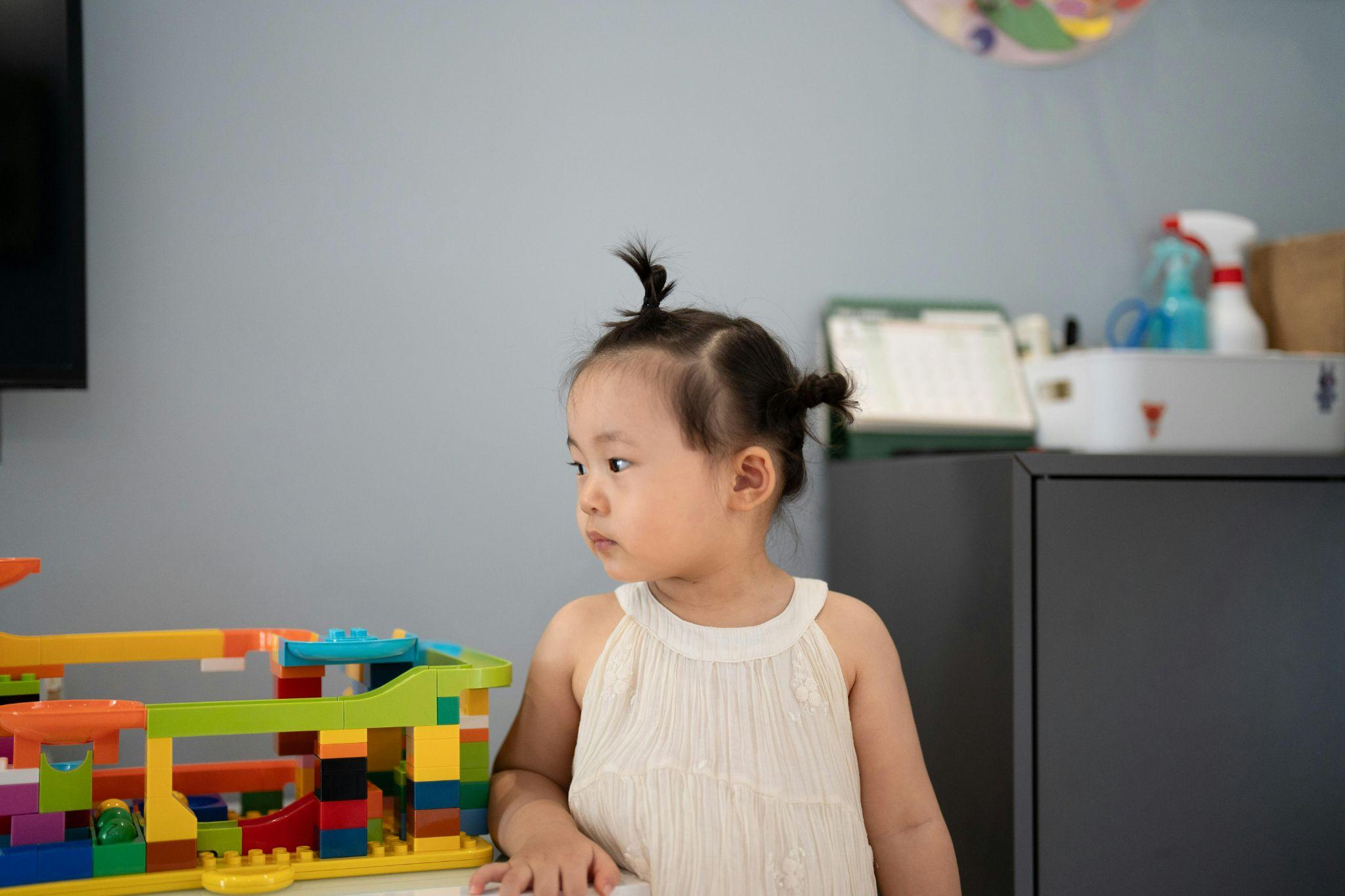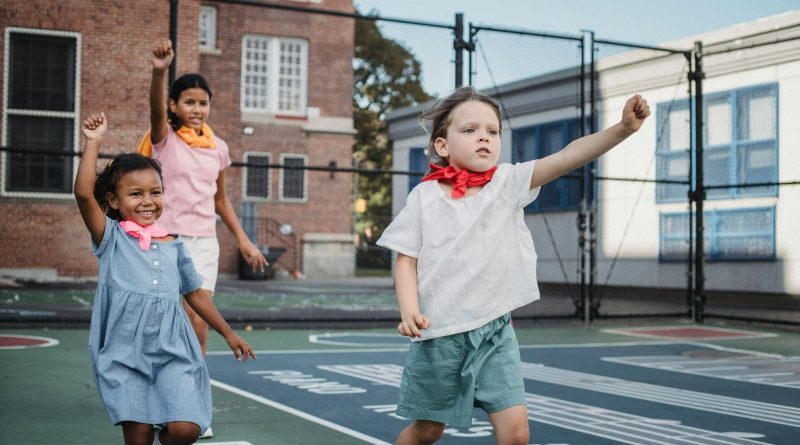The Science of Play: How Free Play Shapes a Child’s Brain Development
The Science of Play: How Free Play Shapes a Child’s Brain Development reveals that unstructured, child-directed play serves as one of the most powerful catalysts for healthy neurological growth, emotional resilience, and cognitive flexibility. While modern society increasingly emphasizes structured learning and academic achievement, emerging neuroscience research demonstrates that free play represents a biological necessity rather than simply a recreational luxury, fundamentally shaping how children’s brains develop throughout their formative years.
What Free Play Really Means for Child Development
Free play operates as the foundation for comprehensive child development, differing dramatically from adult-directed activities by allowing children complete autonomy over their imaginative worlds. Unlike structured programs with predetermined outcomes, free play emerges organically from children’s internal motivations, fostering independence, creativity, and authentic self-expression that structured environments cannot replicate.
Defining Free Play and Its Unstructured Nature
Free play encompasses self-directed, imaginative activities where children determine the rules, storylines, and objectives without adult intervention or predetermined learning goals. This unstructured approach allows children to explore their environment, test boundaries, and develop problem-solving skills through trial and error.
Free Play vs. Structured Activities:
- Free play: Child-initiated, open-ended, flexible rules, intrinsic motivation
- Structured play: Adult-directed, specific objectives, predetermined rules, external rewards
- Free play: Encourages divergent thinking and creativity
- Structured play: Focuses on skill acquisition and rule-following
- Free play: Adapts to child’s developmental needs and interests
- Structured play: Follows predetermined curriculum or activity plans
A Child’s Right to Play and Declining Playtime
The United Nations Convention on the Rights of the Child officially recognizes play as a fundamental right, acknowledging its crucial role in healthy development. However, contemporary children experience significantly reduced opportunities for unstructured play compared to previous generations.
| Era | Average Daily Free Play Time | Primary Play Locations | Screen Time |
|---|---|---|---|
| 1970s-1980s | 3-4 hours | Neighborhoods, outdoors | Minimal |
| 1990s-2000s | 2-3 hours | Backyards, some indoor | 1-2 hours |
| 2010s-Present | 1-2 hours | Indoor spaces, scheduled | 3-7 hours |
Free Play and Cognitive Brain Growth
Cognitive development accelerates dramatically during unstructured play experiences, as children’s brains actively construct new neural pathways while navigating complex imaginative scenarios. Research demonstrates that play-rich environments stimulate brain regions responsible for executive function, memory consolidation, and abstract reasoning more effectively than passive learning activities.
Building Neural Connections & Synaptic Growth
Free play creates optimal conditions for neuroplasticity, the brain’s ability to form and reorganize synaptic connections throughout childhood. During imaginative play, children’s brains simultaneously activate multiple neural networks, strengthening connections between prefrontal cortex regions responsible for planning and creativity centers in the temporal and parietal lobes.
Key Neuroscience Mechanisms Enhanced by Free Play:
- Dendritic branching: Increased complexity of neural tree-like structures
- Myelination: Faster signal transmission between brain regions
- Synaptic pruning: Optimization of neural networks through use-dependent strengthening
- Cross-hemispheric communication: Enhanced connection between left and right brain regions
- Neurotransmitter regulation: Balanced dopamine, serotonin, and norepinephrine production
Enhancing Executive Function & Problem-Solving Skills
Executive function skills develop robustly through free play experiences that require children to plan scenarios, adapt to changing circumstances, and manage competing demands. Unlike structured activities with predetermined solutions, free play challenges children to navigate ambiguous situations, fostering cognitive flexibility and innovative thinking.
| Play Type | Executive Skills Developed | Cognitive Benefits |
|---|---|---|
| Pretend Play | Planning, working memory, inhibitory control | Abstract thinking, perspective-taking |
| Constructive Play | Spatial reasoning, persistence, goal-setting | Engineering mindset, mathematical concepts |
| Physical Play | Impulse control, risk assessment, coordination | Body awareness, confidence building |
| Social Play | Negotiation, compromise, rule-making | Communication skills, conflict resolution |
Free Play’s Role in Emotional and Social Development

Emotional intelligence and social competence flourish through free play interactions, as children practice navigating complex interpersonal dynamics without adult mediation. These unstructured experiences provide safe spaces for emotional experimentation, allowing children to test different roles, express feelings, and develop empathy through perspective-taking activities.
Developing Self-Regulation, Resilience & Emotional Intelligence
Free play serves as a natural laboratory for emotional regulation, where children encounter frustrations, disappointments, and conflicts while developing coping strategies. Through repeated exposure to emotional challenges in play contexts, children build resilience and learn to manage their internal emotional states independently.
Emotional Skills Nurtured Through Play:
- Frustration tolerance: Learning to persist despite setbacks or failures
- Emotional expression: Safe exploration of anger, joy, fear, and excitement
- Self-soothing: Developing internal strategies for managing overwhelming emotions
- Empathy development: Understanding others’ perspectives through role-playing
- Confidence building: Mastering challenges and celebrating personal achievements
- Stress management: Using play as a natural outlet for processing daily experiences
Building Social Skills and Empathy Through Interaction
Social competence emerges naturally through free play interactions, as children negotiate rules, resolve conflicts, and collaborate on imaginative projects. These experiences teach essential life skills including compromise, leadership, and perspective-taking that structured activities often cannot replicate due to adult oversight and predetermined outcomes.
| Play Context | Social Skills Developed | Long-term Benefits |
|---|---|---|
| Solo Free Play | Self-entertainment, independence, introspection | Comfort with solitude, self-reliance |
| Peer Free Play | Negotiation, sharing, conflict resolution | Leadership skills, cooperation abilities |
| Mixed-Age Play | Mentoring, teaching, learning from others | Adaptability, cross-generational communication |
| Group Free Play | Team building, collective problem-solving | Community awareness, collaborative thinking |
Imagination, Language, and Creativity Through Play
Creative thinking and language development accelerate through imaginative play experiences that challenge children to express complex ideas, create narratives, and manipulate symbolic representations. Free play environments naturally encourage vocabulary expansion, storytelling abilities, and abstract reasoning skills that form the foundation for academic success and lifelong learning.
Pretend Play and Symbolic Thinking
Symbolic thinking develops through pretend play activities where children transform ordinary objects into imaginative tools, fostering abstract reasoning and representational flexibility. When children engage in role-playing scenarios, they practice complex cognitive skills including perspective-taking, narrative construction, and symbolic representation that directly support language development and academic readiness.
Examples of Symbolic Play Development:
- Object transformation: Using blocks as phones, sticks as magic wands, boxes as houses
- Role adoption: Becoming doctors, teachers, animals, or fictional characters
- Narrative creation: Developing storylines with beginning, middle, and end structures
- Abstract representation: Drawing maps of imaginary worlds or designing fantasy creatures
- Language experimentation: Creating new words, voices, or communication systems for play characters
Free Play Fuels Creative Thought and Expression
Creative expression reaches its highest potential during unstructured play periods, when children feel free to experiment with novel ideas without fear of judgment or failure. Free play environments encourage divergent thinking, where multiple solutions and creative approaches emerge naturally through exploration and experimentation.
- Innovation development: Combining familiar elements in unexpected ways to solve play challenges
- Narrative construction: Creating complex stories with multiple characters and plot developments
- Artistic exploration: Experimenting with colors, shapes, sounds, and movement without predetermined goals
- Expressive confidence: Building comfort with sharing ideas and creative expressions with others
- Problem-solving creativity: Finding multiple solutions to play-based challenges and obstacles
Risks of Play Deprivation on Development

Play deprivation creates measurable deficits in brain development, social competence, and emotional regulation that can persist into adulthood. Contemporary research reveals that children with insufficient free play opportunities demonstrate increased anxiety, reduced creativity, and impaired executive function compared to their play-rich counterparts.
Cognitive, Emotional, and Behavioral Impacts of Play Shortages
Limited access to free play correlates with increased rates of anxiety disorders, attention difficulties, and social maladjustment in children. When children lack opportunities for self-directed exploration and imaginative expression, their brains miss critical windows for developing resilience, creativity, and emotional regulation skills.
Warning Signs of Play Deprivation:
- Increased anxiety: Difficulty managing stress or new situations independently
- Reduced creativity: Limited imaginative thinking or problem-solving approaches
- Social difficulties: Challenges with peer interaction, conflict resolution, or empathy
- Attention problems: Difficulty focusing without external structure or entertainment
- Emotional volatility: Increased meltdowns, mood swings, or emotional outbursts
- Decreased resilience: Overwhelming responses to minor setbacks or disappointments
Evidence from Neuroscience & Real-world Contexts
Neuroscience research demonstrates that play deprivation creates lasting changes in brain structure, particularly affecting regions responsible for emotional regulation, social cognition, and creative thinking. Animal studies consistently show that mammals deprived of play opportunities develop smaller prefrontal cortexes and demonstrate increased aggression and reduced social competence.
| Development Area | With Adequate Free Play | With Play Deprivation |
|---|---|---|
| Brain Structure | Robust neural connections, healthy cortical development | Reduced synaptic density, smaller prefrontal regions |
| Emotional Regulation | Flexible coping strategies, stress resilience | Increased anxiety, emotional volatility |
| Social Skills | Strong empathy, conflict resolution abilities | Difficulty with peer relationships, reduced cooperation |
| Creativity | Divergent thinking, innovative problem-solving | Limited imaginative capacity, rigid thinking patterns |
Encouraging Healthy Free Play in Everyday Life
Creating optimal play environments requires intentional planning that balances safety with appropriate risk-taking opportunities, providing children with diverse materials and spaces that stimulate imagination without overwhelming structure. Parents and educators can foster healthy play development by stepping back from constant supervision while ensuring children have access to engaging, open-ended materials.
Creating Safe, Stimulating Play Environments
Environmental design significantly impacts the quality and duration of children’s free play experiences, with the most effective spaces offering variety, flexibility, and age-appropriate challenges. Successful play environments balance safety considerations with opportunities for exploration, risk-taking, and creative manipulation of materials.
Essential Elements for Rich Play Environments:
- Loose parts: Cardboard boxes, fabric scraps, wooden blocks, natural materials for open-ended creation
- Outdoor access: Gardens, playgrounds, beaches, or parks offering sensory variety and physical challenges
- Flexible indoor spaces: Areas that can be transformed into forts, stages, or imaginative worlds
- Art supplies: Papers, crayons, clay, and craft materials for creative expression and fine motor development
- Dress-up materials: Costumes, hats, scarves, and props supporting role-playing and imaginative scenarios
- Limited screen time: Designated periods without digital entertainment to encourage active, physical play
Balancing Structure With Freedom
Optimal play facilitation involves providing rich opportunities while resisting the urge to direct or control children’s imaginative processes. Adults can support free play by offering materials, ensuring safety, and remaining available for guidance without imposing specific objectives or outcomes on children’s self-directed activities.
- Establish uninterrupted play periods: Protect daily time blocks specifically dedicated to child-directed activities
- Minimize adult intervention: Allow children to navigate challenges and conflicts independently when safely possible
- Provide diverse materials: Offer variety without overwhelming choices or complicated setup requirements
- Create predictable routines: Balance free play with necessary structure for meals, rest, and responsibilities
- Model play behavior: Demonstrate enthusiasm for creativity and imagination through your own playful interactions
- Respect play choices: Support children’s interests even when they differ from adult preferences or expectations
Conclusion
The Science of Play: How Free Play Shapes a Child’s Brain Development demonstrates that unstructured, child-directed play experiences serve as fundamental building blocks for healthy neurological, emotional, and social development. Through free play, children naturally develop executive function skills, emotional regulation capabilities, creative thinking abilities, and social competence that structured activities cannot replicate. Investment in protecting and prioritizing free play opportunities creates resilient, imaginative, and emotionally intelligent children equipped with the cognitive flexibility and social skills necessary for lifelong success and wellbeing.



